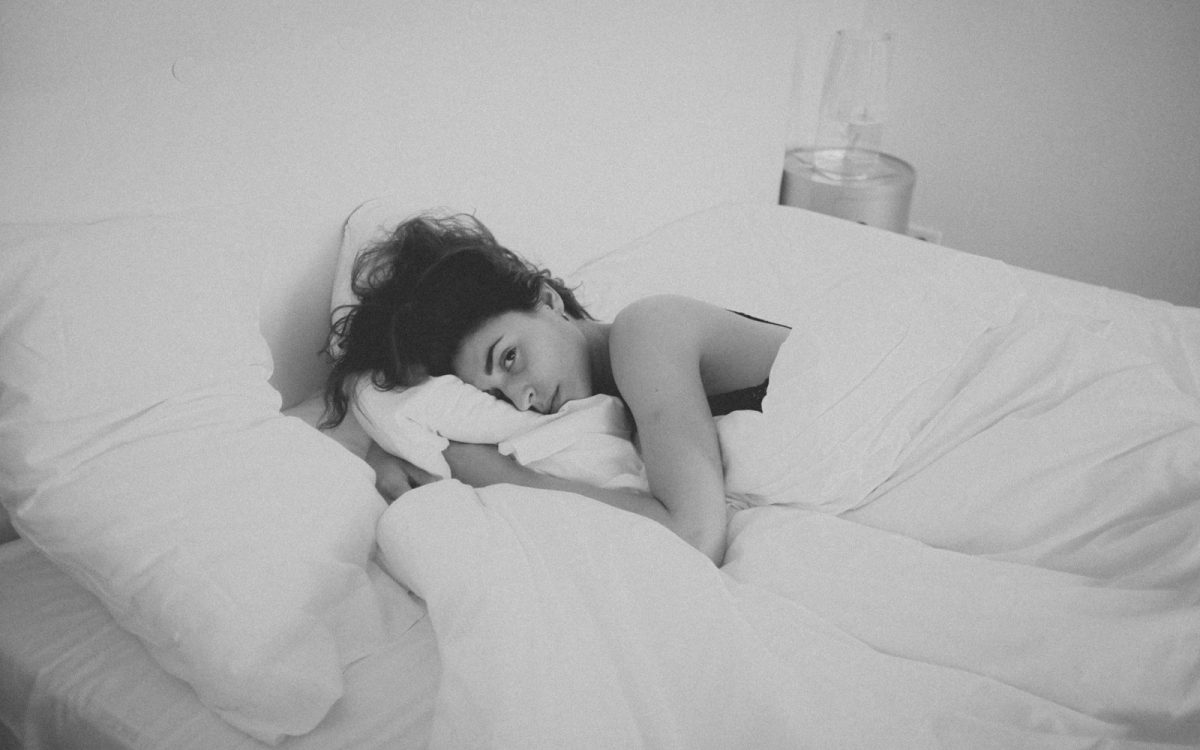How Menopause Affects Sleep: Understanding the Causes and Solutions
Meta Description: Discover how menopause affects sleep, what causes disturbances, and the best tips and treatments to improve sleep quality during this life transition.
For many women, menopause brings a host of physical and emotional changes—one of the most frustrating being disrupted sleep. If you’re struggling to fall or stay asleep during this phase of life, you’re not alone. In this post, we’ll explore exactly how menopause affects sleep, what common sleep problems occur, and evidence-based strategies to help you rest better at night.
What is Menopause and When Does it Occur?
Menopause marks the natural end of a woman’s reproductive years, typically occurring between ages 45 and 55. It’s diagnosed after 12 consecutive months without a menstrual period. The transitional phases—perimenopause leading up to menopause, and postmenopause—are also critical windows when hormonal shifts begin to impact various biological systems, especially sleep.
Key Hormonal Changes in Menopause
- Declining levels of estrogen and progesterone
- Fluctuations in cortisol and melatonin
- Impact on serotonin and insulin levels
These hormonal imbalances directly affect body temperature control, mood regulation, and sleep-wake cycles, contributing to sleep disturbances during menopause.
How Menopause Affects Sleep Patterns
Sleep disturbances are among the most common complaints among menopausal women. The primary keyword, how menopause affects sleep, is central to understanding the impact of hormonal shifts on rest and recovery at night.
Common Sleep Problems During Menopause
Women going through menopause often experience:
- Insomnia: Difficulty falling or staying asleep
- Night sweats: Sudden, intense hot flashes during sleep
- Restless sleep: Frequent awakenings or disrupted REM cycles
- Obstructive sleep apnea: Increased risk due to weight gain and hormonal changes
These disruptions prevent the deep, restorative sleep that the body needs, which can in turn lead to fatigue, irritability, anxiety, and even depression.
The Role of Estrogen and Progesterone
Estrogen has a direct calming effect on the brain and supports quality sleep by influencing serotonin and melatonin. Progesterone, often referred to as a natural sleep aid, also has a sedative effect. As these hormones decline:
- Melatonin production drops, affecting circadian rhythms
- Hot flashes and temperature regulation issues worsen
- Stress hormone cortisol may increase, triggering anxiety and insomnia
Negative Impacts of Poor Sleep During Menopause
When sleep is compromised during menopause, it’s not just about tiredness the next day. Chronic insufficient sleep can have far-reaching impacts:
- Impaired cognitive function and memory
- Weakened immune response
- Elevated risk of heart disease and Type 2 diabetes
- Lowered emotional resilience and mental health issues
Understanding how menopause affects sleep is the first step in taking actionable measures to protect your long-term health and wellness.
Proven Strategies to Improve Sleep During Menopause
The good news? There are several practical and medically recommended ways to improve sleep quality during this transition. Let’s look at both natural remedies and clinical treatment options that can make a big difference.
1. Adopt Healthy Sleep Hygiene
- Stick to a consistent bedtime and wake-up time—even on weekends
- Keep your bedroom cool and dark to reduce night sweats
- Avoid screens and blue light at least one hour before bed
- Use calming bedtime rituals such as reading or gentle stretches
2. Manage Hot Flashes Naturally
If hot flashes are disturbing your sleep, try:
- Wearing breathable cotton pajamas
- Using cooling pillows or bedsheets
- Limiting caffeine, spicy foods, and alcohol before bed
3. Consider Hormone Replacement Therapy (HRT)
Hormone replacement therapy can effectively treat menopausal symptoms like insomnia, hot flashes, and mood swings. However, it’s essential to talk with your doctor about risks, benefits, and whether HRT is right for you. Some women find relief from sleep disturbances within weeks of starting HRT.
4. Explore Natural Sleep Aids and Supplements
- Melatonin: Helps regulate your natural sleep-wake cycle
- Magnesium: Known to support relaxation and sleep
- Valerian root: An herbal remedy used to promote restful sleep
- Chamomile tea: A calming herbal option before bedtime
5. Cognitive Behavioral Therapy for Insomnia (CBT-I)
CBT-I is a structured therapy program that addresses the thoughts and behaviors impacting your sleep. It’s backed by research and can be even more effective than sleep medications for long-term results.
When to See a Healthcare Provider
If menopause-related sleep issues are significantly affecting your quality of life, it may be time to consult with a doctor or sleep specialist. You may be experiencing:
- Chronic insomnia that lasts more than a month
- Signs of sleep apnea such as loud snoring or gasping at night
- Daytime fatigue that interferes with work or daily activities
A medical provider can recommend diagnostic tests, prescribe treatment, and offer personalized strategies to restore your rest.
Conclusion: You’re Not Alone—and You’re Not Powerless
Understanding how menopause affects sleep can empower you to take steps toward better nightly rest and improved overall health. Whether through lifestyle adjustments, natural remedies, or medical intervention, you can regain control of your sleep quality and feel more energized, focused, and balanced during this important life stage.
Remember: sleep is not a luxury—it’s a necessity. Seeking support and solutions is not only smart, it’s vital for thriving through menopause and beyond.
Additional Resources
- Sleep Foundation: Menopause and Sleep
- National Institute on Aging: Menopause
- The North American Menopause Society
Looking for more health and wellness advice? Subscribe to our newsletter for weekly tips and new expert-backed blog updates on women’s health topics!




